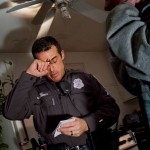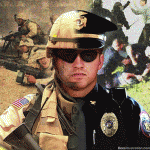Author's details
Name: Admin
Date registered: March 3, 2011
Latest posts
- NEW - Financial Freedom For Injured Police, Fire, and Military. — August 26, 2015
- Confidentiality in Counseling: What Police Officers Need To Know — January 8, 2015
- DSM-5 Criteria for PTSD — July 4, 2014
- DSM-5 Diagnostic Criteria for PTSD Released, What are the major revisions to the PTSD diagnosis? — July 4, 2014
- PTSD NOT AN ANXIETY DISORDER? DSM COMMITTEE PROPOSAL TURNS BACK THE HANDS OF TIME — July 4, 2014















![e[1]](../../wp-content/uploads/2011/04/salute1-150x150.jpg)

